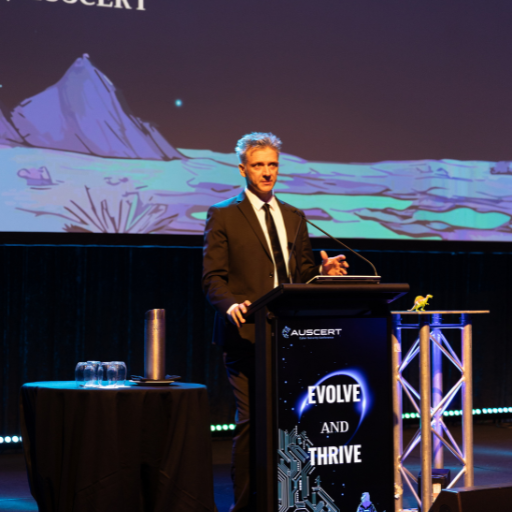Enterprise technology is often defined by speed, new platforms, and better systems. But for Matt Watts, a Data Expert, the space’s obsession with what’s next has created a blind spot. Behind every step forward lies obsolete systems, forgotten data, and unfinished ideas powering on in limbo. As the pace accelerates, so does the urgency to rethink how we manage what’s left behind.
With years in the industry, Watts has seen the tech world change in ways few could have predicted. For him, there are four major waves that have reshaped today’s IT enterprise:
- Modular systems;
- Virtualisation;
- Cloud computing; and
- Intelligent data infrastructure.
Modular systems, which took off in the late 1990s, allowed organisations to switch from monolithic systems and build stacks using applications like Oracle and SAP. Virtualisation came next.
“Virtualisationas a way of solving some of the problems that we’d actually created in the first wave. A lot of underutilisation, there was complexity skills, and virtualization changed everything,” Watts explained.
Then came cloud computing that is arguably the most transformative wave of all. According to Watts, we’re spending $600 billion on cloud because it has a profound effect on the way we operate, run, and manage IT. And finally, AI.
“AI, for me, was a really interesting one. The challenge has been the skills that up until late last year, there were a very limited number of data scientists, of people who could really bring AI to life inside their organisations,” Watts shared.
While it’s true that each wave was born out of real need and solved problems, it also created new ones.
“Recent statistics show that about 68% of the data we create is never, ever used again after it’s created. It’s just single use data” said Watts.
Watts discussed that every organisation struggles to get rid of these data, trying to find who owns it and who’s responsible for it. This is digital hoarding. He added that the organisations tend to hold onto these information long past its usefulness, not because they plan to use it, but because they’re afraid to delete it.
“We do struggle, I think, generally to let things go because we have that fear of ‘what if we might meet that in the future’ or ‘what if something means that was more important than we realized in the future?’ So I think it’s a really interesting kind of challenge. It’s not just a technology challenge. Sometimes, it’s also that fear of can we release this technology? Can we let this thing go? Or is that going to cause us a bigger problem?” Watts expounded.
Now that AI tools are accelerating data creation, Watts shared that this volume of forgotten data will continue to compound.
So, what can be done? For Watts, it’s data management. With that number of single-used data, companies are beginning to recognise, whether from an energy, cost, or sustainability perspective, that there’s a greater opportunity through better, more effective data management.
“But I think it’s going to need partners. It’s going to need probably some outside help to really look at that data and help people say, you know, how do we effectively manage this over a longer period of time? Is there a better media we could store it on? Could we move it to the cloud? Could we, heaven forbid, delete it?” Watts explained.
With AI continuing to dominate the tech space, Watts pointed to a powerful shift just behind the horizon…quantum computing.
“There’s growing awareness that we’re on the cusp of quantum computing. It’s probably still five years away, but we’re seeing huge innovation in terms of what we’re able to do with quantum computers. We’re solving for some of the scale problems. We’re now starting to see error correction capabilities coming in,” said Watts.
Watts added that quantum computing can be used as a new way of networking or of transporting data across networks, which will solve more complex problems that we can’t solve today with traditional high performance computers.
While quantum computing is still forming, its potential can be as influential and catalytic as that of AI.
“So long story short, I think that quantum will accelerate the AI wave. It will because of some of the things that it will be able to do. But I think it is so significant from a security perspective, from a networking perspective, and from a computing perspective that it will become a wave within its own” Watts concluded.









